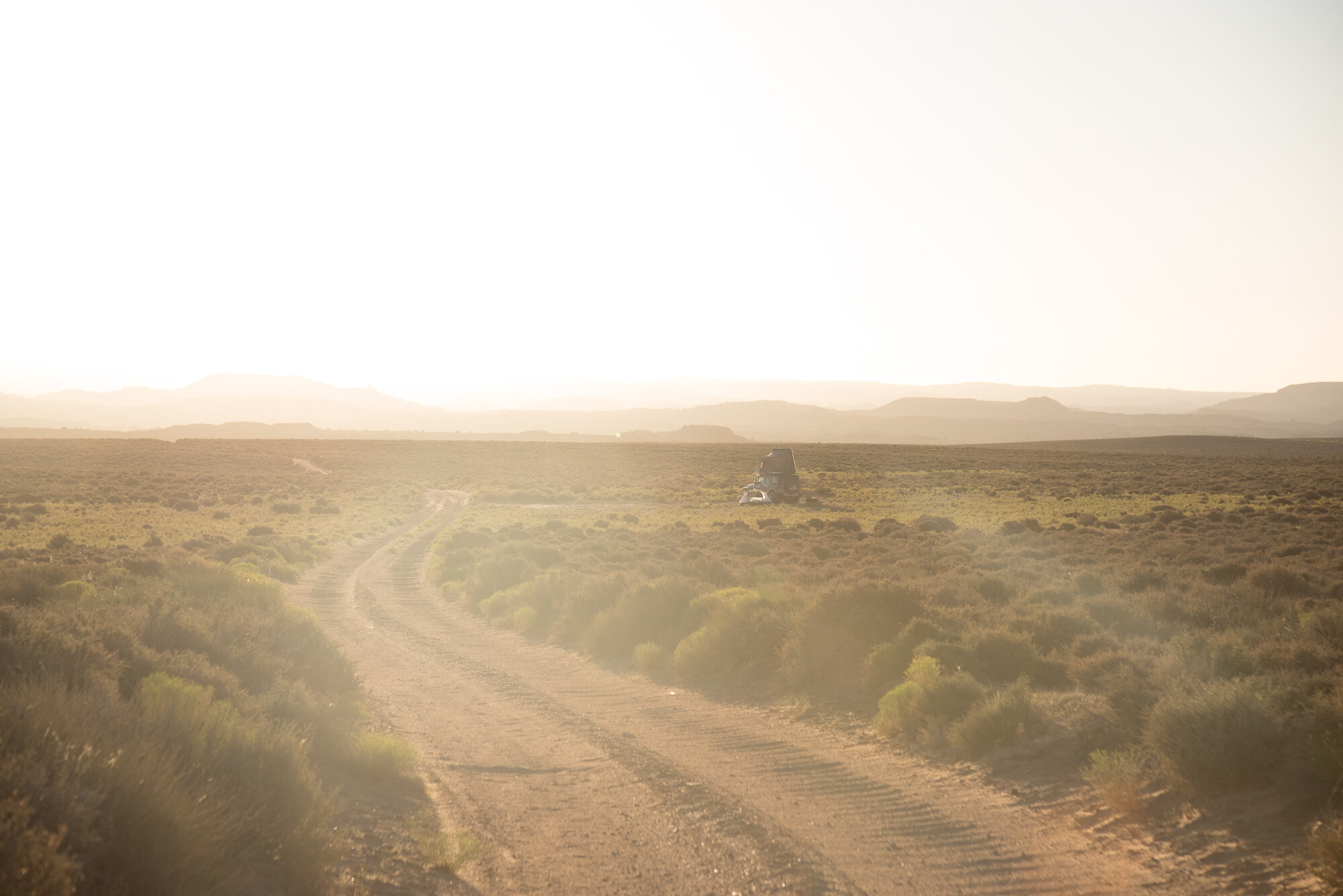When The Desert Morning Rises
While it was still dark, Dad would drive away in his Wagoneer accompanied by familiar radio voices; Mom was nowhere to be found—which meant she was already headed for the mountain to make offerings and ask for blessings; and I apathetically finished my homework. Mornings of separation made paths for solitary evenings on the mountain with Walt Whitman tucked in my backpack. The poet would ramble, and I would listen—a chromatic symphony of words to fill the emptiness where familial love should have nested.
I discovered hiding places: a mountain of trees was an obvious fortress; Whitman’s acrobatic adjectives drowned out my youthful rage; and food kept me company. More mountains, more words, and more nourishment became solace for my abandoned home. My strategy was to smother my inner emptiness with overindulgence. I was willing to risk an emotional flash flood.
I married young, and my loneliness followed me into the marriage. I was determined that the feelings of abandonment would not consume me. My old strategy remained: more mountains, more words, and more food for both of us. But the flash flood eventually came when my husband of ten years said he never loved me. Divorce was coming. Nothing in the days and months that followed could stop the wall of emotional debris that was headed toward me.
Alone, I take my questions to the redrock canyons of the Colorado Plateau. What more could I have done? Nothing. What should I do now? Nothing. Can I plant my hopes here in your sands and your rocks? Yes.
The desert is harsh, but it is real and visible. My old hopes and dreams would become a suffocating woolen coat in this arid climate if I did not let them transform into breathable linen.
This desert plateau is notorious for its stability and resistance to deformation. Over millions of years, it continues to transform like a diatonic scale—eroding in a sequential and harmonious pattern without many chromatic variations. The uncluttered ground here forms the space between the notes that truly creates the music. Between the notes, in the vast and honest open land, canyons absorb the darkness and red rock cliffs receive the light.
I wait for the next note.
The divorce came, and the heat of it kept me up at night. Yet, somehow, I knew relief would come in just the right doses at just the right time. Flash floods would eventually concede to a rhythm of enough rain. Enough. No more, no less. The wreckage would settle, and I would have what I needed. No more, no less.
There are countless places on the Plateau where, when the desert sun rises, sandstone cliffs melt subtly into vision—unassuming but undeniable; silent but articulate. I never thought I’d want to be like such a landscape: dry, stark, subtle, vulnerable, harsh, plain, vast, and ancient. But, now, when the desert sun rises, I can’t be anything else. The Plateau continues to show me that enough is very little indeed. The Plateau continues to show me that enough is all I want to have and I want to be.
When the desert sun rises, I remember my parched and bare condition, and I find relief in its complete honesty. When the desert sun rises, I hear birdsong liturgies, and I sit peacefully in between the notes. When the desert sun rises, I hold my broken heart gently and feel it mend each time the wind carries the scent of sage. When the desert sun rises, I see that we are vast and ancient. When the desert sun rises, it is enough. This is enough. This is the Plateau. This is the desert I become.
